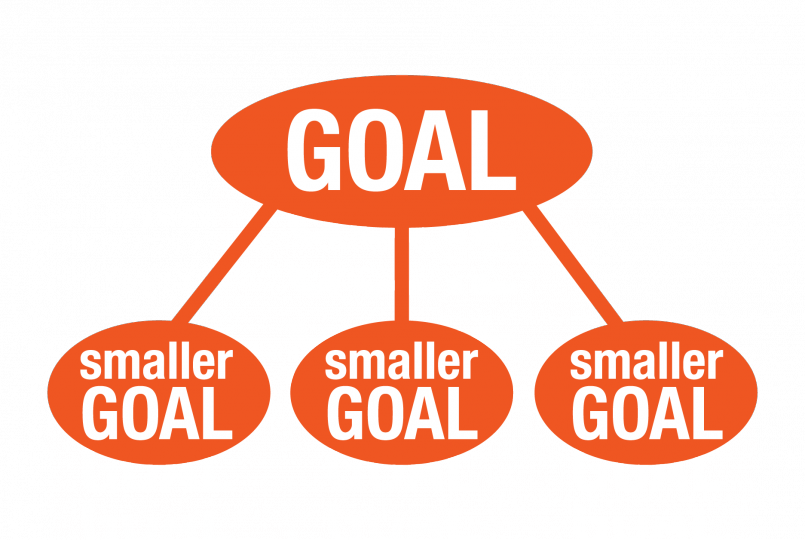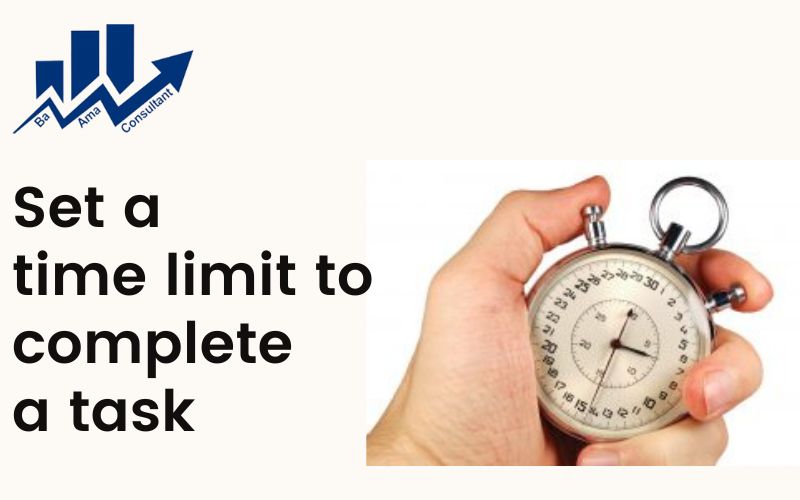Introduction:
Time is one of our most valuable resources, yet managing it effectively can be a challenge. With distractions everywhere and an endless list of responsibilities, time management becomes essential for success and productivity. Mastering time management enables us to prioritize tasks, set realistic goals, and stay organized, ultimately helping us achieve our personal and professional aspirations.
1. Prioritize Your Tasks
- Organize tasks by their level of urgency and importance to focus on what truly matters. The Eisenhower Matrix can help: divide tasks into four categories—urgent and important, important but not urgent, urgent but not important, and neither. This way, you’ll tackle high-priority tasks without neglecting the important but less urgent ones.
- Keywords: Priority, Urgency, Importance

2. Set Clear Goals
- Define SMART goals (Specific, Measurable, Achievable, Relevant, Time-bound) to guide your daily tasks and long-term plans. By setting clear objectives, you create a roadmap for success and stay motivated. Goals give you a sense of purpose, helping you allocate time to tasks that bring you closer to achieving them.
- Keywords: SMART Goals, Clarity, Vision
3. Break Down Big Tasks
- Large projects can feel overwhelming, leading to procrastination. Break these projects down into smaller, manageable tasks. For instance, if you have a big report to write, divide it into sections, such as research, outline, and draft. This makes progress feel achievable and keeps you moving forward.
- Keywords: Step-by-Step, Manageable, Micro-goals

4. Use Time Management Tools
- Digital tools like Google Calendar, Trello, or a simple planner help you keep track of tasks and deadlines. Use reminders to stay on schedule and checklists to mark off completed tasks. These tools act as visual aids, providing structure and helping you stay organized.
- Keywords: Calendar, Planner, Reminders
5. Avoid Multitasking
- Although multitasking might seem productive, it often reduces efficiency and quality. Instead, focus on one task at a time to give it your full attention. This approach leads to higher-quality work and helps you finish tasks faster without mental fatigue.
- Keywords: Focus, Single-tasking, Efficiency
6. Set Time Limits for Each Task
- Assign a specific timeframe to each task to create a sense of urgency. Techniques like the Pomodoro Technique (working for 25 minutes followed by a 5-minute break) can improve focus and prevent time-wasting. Time limits also prevent you from spending too long on one task, allowing you to accomplish more in a day.
- Keywords: Deadlines, Time Blocks, Limits

7. Eliminate Distractions
- A distraction-free environment is essential for deep work. Minimize disruptions by turning off notifications, creating a quiet workspace, and communicating boundaries with others. This helps maintain focus, making it easier to complete tasks efficiently and with higher quality.
- Keywords: Focus, Environment, Boundaries
8. Practice Saying No
- Respect your time by learning to decline non-essential tasks or requests. Politely saying "no" allows you to protect time for priorities. Recognize your limits and don’t overcommit—this can prevent burnout and help you maintain focus on tasks that are truly important.
- Keywords: Boundaries, Priorities, Assertiveness
9. Take Breaks to Recharge
- Short breaks during work prevent burnout and keep your energy levels steady. Techniques like the 90-minute work cycle or the Pomodoro Technique encourage breaks for better mental clarity and focus. Breaks help refresh your mind, reduce stress, and improve overall productivity.
- Keywords: Breaks, Rest, Recharge
10. Review and Reflect on Progress
- Regularly assess your time management practices to identify areas for improvement. Reflect on what worked, what didn’t, and adjust accordingly. Reflecting helps refine your approach, making you more effective and efficient over time.
- Keywords: Reflection, Evaluation, Improvement

Conclusion:
Time management is a skill that requires practice, patience, and persistence. By implementing these strategies, you can work smarter, not harder, and make each day more productive. Whether it’s setting clear goals, prioritizing tasks, or taking well-deserved breaks, effective time management enables you to reach your goals efficiently while maintaining a healthy balance in life.


You must be logged in to post a comment.